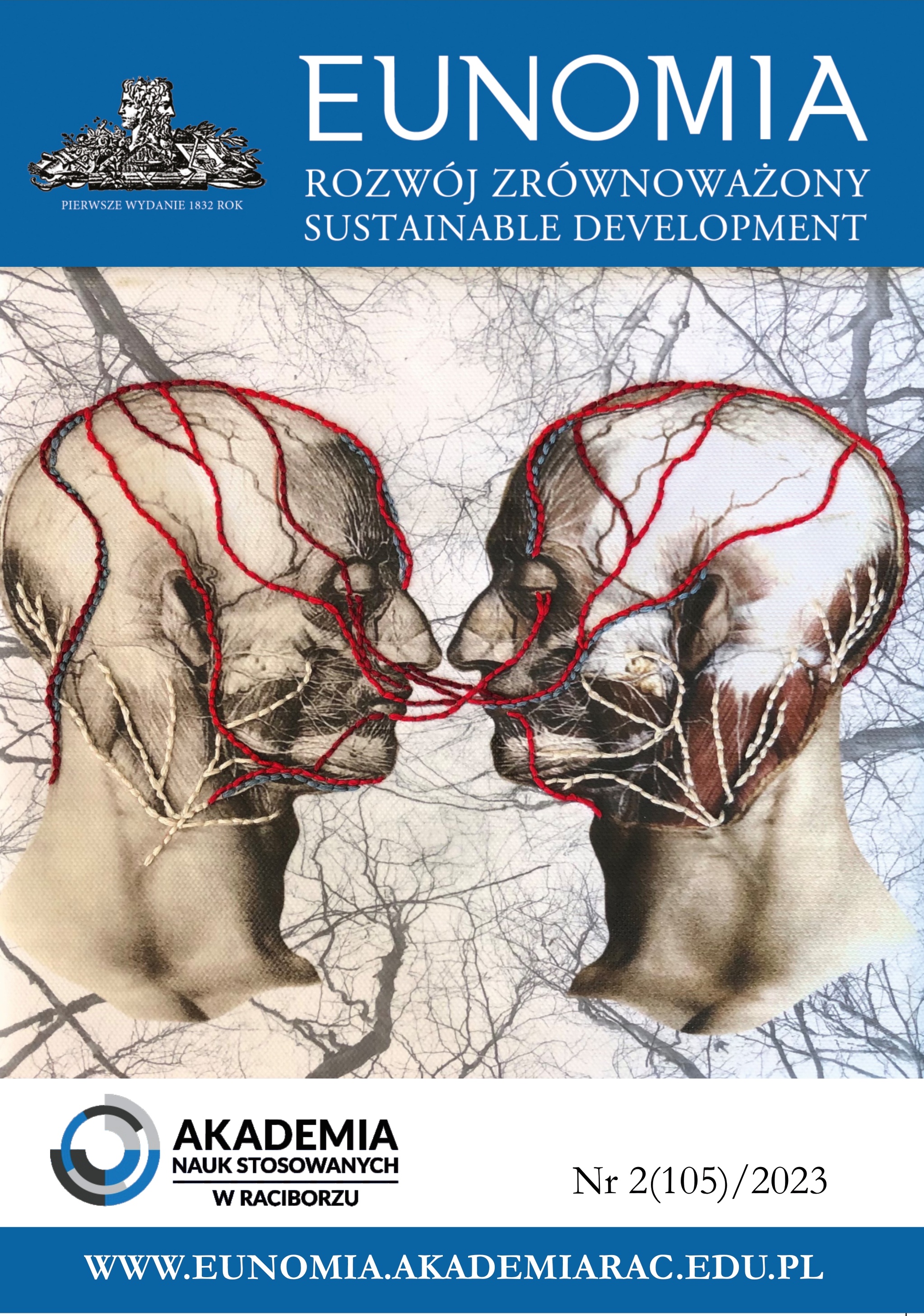A FEW COMMENTS ON THE PRINCIPLES OF COOPERATION BETWEEN NON-GOVERNMENTAL ORGANIZATIONS AND PUBLIC ADMINISTRATION
Keywords:
non-governmental organizations, principles, public administration, cooperationAbstract
The basic legal regulation defining the principles of cooperation between nongovernmental organizations and public administration is the Act of April 24, 2003. on public benefit activities and volunteering, and in particular its Article 5. With respect to most forms of cooperation, the legislator left it to public administration bodies to decide whether they will use the help of non-governmental organizations in the implementation
of public tasks. Only in situations strictly defined in the Act on public benefit activities and volunteering, and other legal regulations, a public administration body is obliged to conduct a given form of cooperation. Mandatory forms of cooperation include, for example: adopting an annual cooperation program with non-governmental organizations and entities listed in Article 3, paragraph 3 of the Act on public benefit activities and
volunteering; consulting draft cooperation programs with non-governmental organizations; cooperation with non governmental organizations in formulating the voivodeship's
development strategy; commissioning public tasks, if separate regulations provide so. However, optional forms of cooperation include, for example: mutual information on planned directions of activity; creating joint advisory teams; contracts for the implementation of a local initiative, etc. In these matters, a non-governmental organization is usually unable to force cooperation from a public administration body.
Downloads
Published
Issue
Section
License
Copyright (c) 2023 University of Applied Sciences in Raciborz

This work is licensed under a Creative Commons Attribution-NonCommercial-NoDerivatives 4.0 International License.


